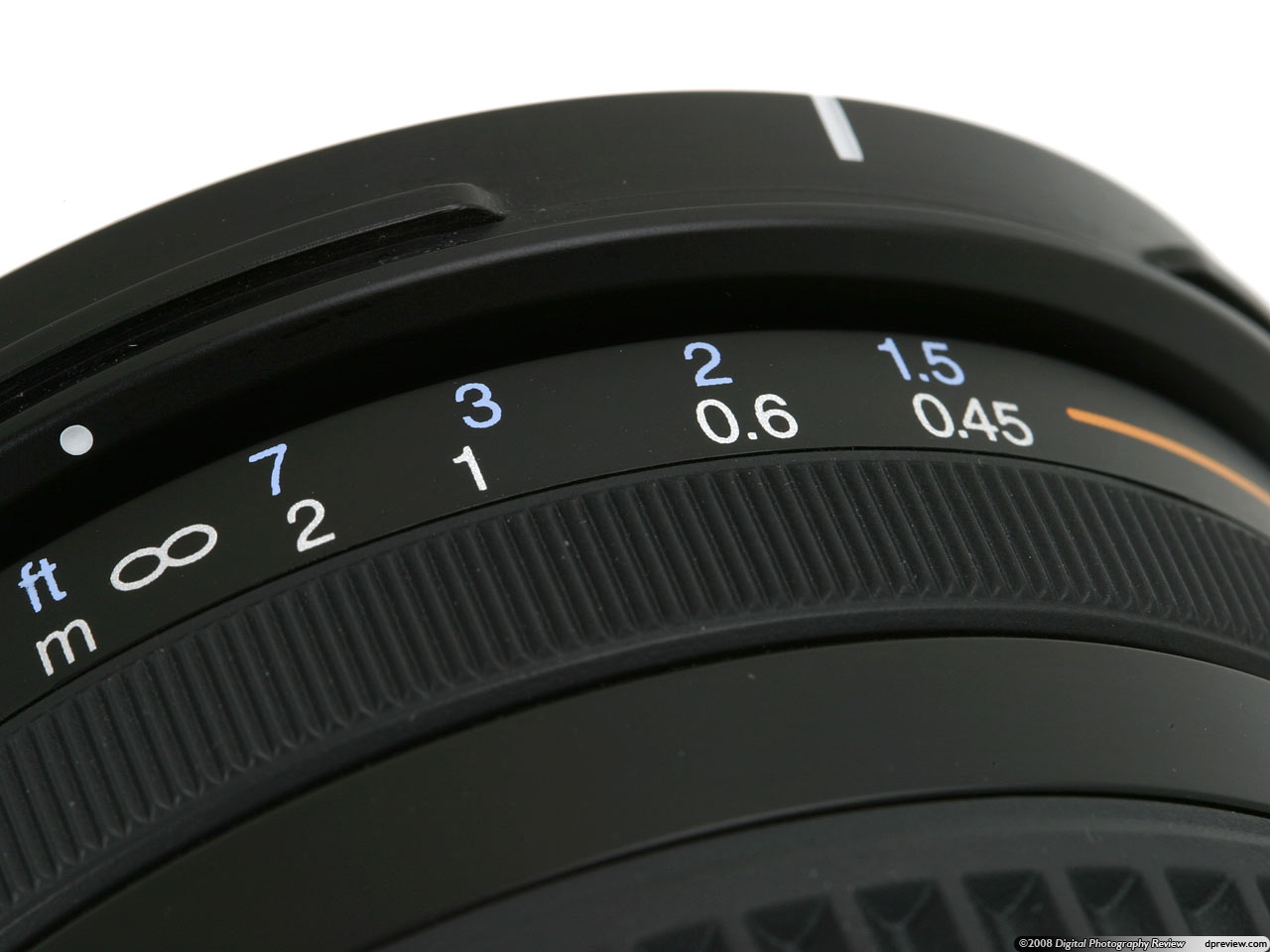Focus is something that everyone looses from time to time, whether you are shooting a camera, working on a school assignment, or trying to improve your life, sometimes things just get out of focus.
Since the idea of human focus is somewhat ambiguous, I decided to pull out the definition for a camera focus in order to better understand any lack of focus that a person might be having.
Due to the optical properties of photographic lenses, only objects within a limited range of distances from the camera will be reproduced clearly. The process of adjusting this range is known as changing the camera’s focus. There are various ways of focusing a camera accurately. The simplest cameras have fixed focus and use a small aperture and wide-angle lens to ensure that everything within a certain range of distance from the lens, usually around 3 metres (10 ft) to infinity, is in reasonable focus. Fixed focus cameras are usually inexpensive types, such as single-use cameras. The camera can also have a limited focusing range or scale-focus that is indicated on the camera body. The user will guess or calculate the distance to the subject and adjust the focus accordingly. On some cameras this is indicated by symbols (head-and-shoulders; two people standing upright; one tree; mountains).
So essentially this boils down into a few basic areas
1. Adjust the range
This is outlined as getting a better shot from changing the range of your photography. This loose metaphor can be directly linked to your life by simply understanding that you need to gain perspective on the things you are doing in order to get a better result.
If, for example, you were faced with a to do list of a 50 things, this simply means going through the list and understanding that only about 10% are actually critical to you and the lifestyle you are trying to achieve. You gain perspective on your life and your “list” by simply understanding that making another trip to the grocery store for butter and stopping at the bank are simply not as important as sitting down to write for 30 minutes a day.
If you adjust the range on the many things you do in a day, you will be able to
2. Get fixated
A fixed focus lens allows you to focus on anything within a short distance of a camera, so you don’t need to continue spending more time adjusting the range.
The concept of human multitasking is a myth, while you think it is an admirable skill to browse Facebook while working on your monthly expense reports, I can guarantee you that you spent a lot more time on those reports because you were busy stalking your best friend in cyberspace.
One of the biggest aspects to getting focused is the idea of narrowing your attention on one or two things, and by that I really mean one thing at a time.
This part of the metaphor is easiest to understand, but the hardest to execute, because it requires all of your attention.
What is the most important thing to you? Do the one thing that will make the biggest impact towards that and ignore the rest
I cannot act as a dosage of Adderall for you, but I can tell you that if you block yourself from all other distractions (offline and online), you can force yourself to do something that matters to you, no matter how much it hurts.
Now that you are fixated, and are getting things done, you need to
3. Scale your focus
Scale focus on a camera is simply where you calculate the distance you are from the subject of the camera shot, make adjustments, and take the picture. This is the last and arguably most important aspect of this camera wielding metaphor.
Scaling your focus in life is something that will feel like a big relief, stressful, painful, exhilarating, and mind numbing, all at once and at various moments.
This is because the path to lifestyle serendipity is the road less traveled, and the one filled with more ups and downs than anything else you will face in your life.
There will be times when you will need to completely drop all focus on the project you are working on, even though you love it, because it simply wont work, and there will also be times when you have to focus on something you you absolutely hate, even though it will be critical to your success later.
Scaling your focus will allow you to take a step back and make better decisions, rethink your outcomes, and realign your focus.
Remember that when you are focused, just like a photograph from a camera, you always can take another shot
Gabriel

Leave a Reply